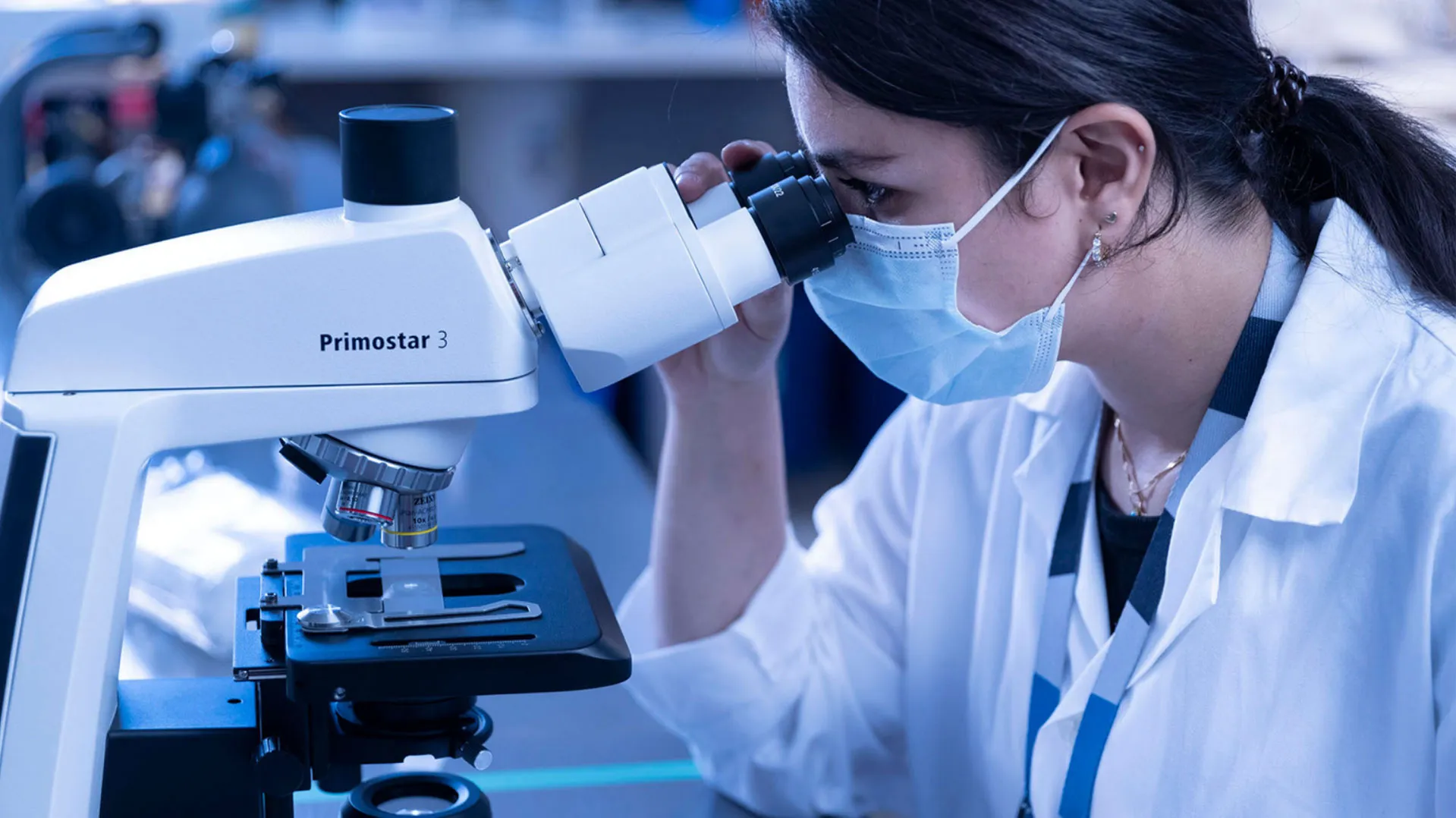
Program Overview & Highlights
- General 3-Year Program
- BSc
General Science is ideal for students who want to explore more than one area or are undecided about what subjects to study. You’ll focus on two core science areas – biology, chemistry, biochemistry, computer science, earth and environmental science, mathematics, physics, or economics – and still get the chance to pursue other areas, as well. Many students who start in this program transfer to a more specialized four-year honours program.
We also offer opportunities to study abroad, from the volcanoes of Iceland to the jungles of Costa Rica, service learning for credit, internships in all of our programs and co-op in many. Our science degrees combine the right balance of classroom instruction and hands-on learning in the lab and in the field.
Learn More About Our Program
Admission Requirements
High School Student from Canada
Required Courses: Advanced Functions/MHF4U and two of Chemistry/SCH4U, Biology/SBI4U, Physics/SCH4U, English
Strongly Recommended: Calculus & Vectors/MCV4U
Min. Average: 70% (70% average of all attempted science and math courses)
Mean Average: 84%
High School Student from Outside Canada and the United States (International)
Required Courses: Advanced Functions/MHF4U and two of Chemistry/SCH4U, Biology/SBI4U, Physics/SCH4U, English
Strongly Recommended: Calculus & Vectors/MCV4U
Min. Average: 70% (70% average of all attempted science and math courses)
Mean Average: 84%
Language Requirements
To review the most up-to-date information on Language Requirements: See language requirements.
Academic Calendars
Career Tracks
- Health Sciences
- Health Technologies
- Education (with additional studies)
- Quality Control
- Government or Industrial Researcher
